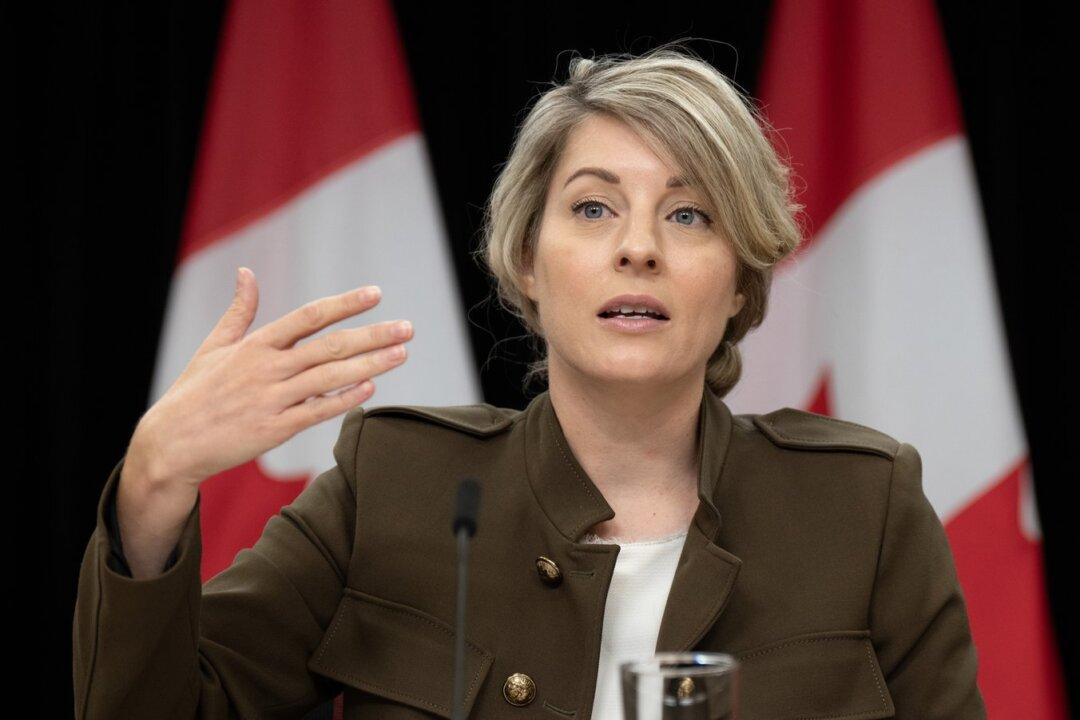Around 70 Canadians are stuck in the Gaza Strip and have asked for help, federal government officials said Wednesday, but the Canadian government has no way of reaching them without a humanitarian corridor.
For Canadian citizens, permanent residents and their families seeking to leave Israel as violent clashes continue, military flights from Tel Aviv to Athens could begin as early as Thursday evening local time.





